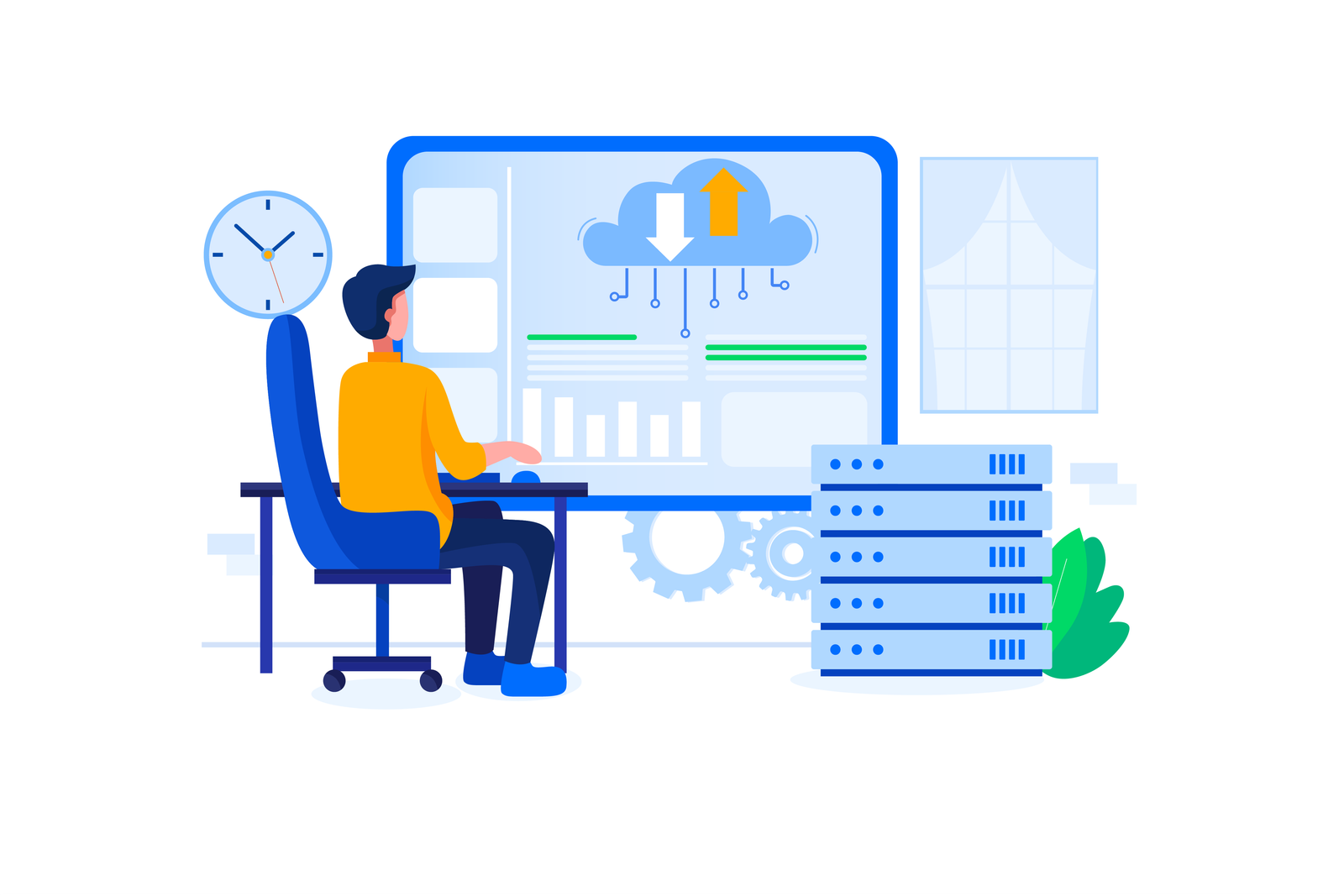In the age of big data, choosing the right database is like picking the perfect sidekick for your data-driven adventures. It needs to be reliable, versatile, and powerful enough to handle your ever-growing information stash. But with so many options out there, navigating the database landscape can feel like crossing a desert blindfolded. Worry not, brave data explorer! This blog post is your map, illuminating the 7 top databases for 2024, complete with overviews, key features, and pros, and cons to help you find your perfect match.

This free and open-source relational database has become a developer darling thanks to its robust feature set, scalability, and vibrant community.
Key Features:
- ACID compliance
- Advanced data types
- JSON support
- Materialized views
- Extensive extensions
Pros:
Excellent performance, cost-effective, community-driven development, flexible schema.
Cons:
Steeper learning curve compared to simpler databases, potential performance bottlenecks with complex queries.
Still holding the crown of popularity, MySQL is a relational database known for its ease of use, compatibility, and widespread adoption.
Key Features:
- ACID compliance
- Transactions
- Multi-user support
- Stored procedures
- Triggers
Pros:
Simple to learn and use, widely available open-source version, a large ecosystem of tools and plugins.
Cons:
Limited scalability for large datasets, less advanced features compared to newer options.
For those who don't like rigid schemas, MongoDB offers a document-oriented approach, storing data in flexible JSON-like documents.
Key Features:
- Horizontal scaling
- Dynamic schema
- Rich query language
- Geo-spatial queries
Pros:
Highly scalable, easy to work with for unstructured data, ideal for agile development.
Cons:
Less mature ecosystem compared to relational databases, potential performance issues with complex queries.
A powerful relational database from Microsoft, known for its robust security, enterprise-grade features, and tight integration with Windows environments.
Key Features:
- High availability
- Advanced security features
- Data compression
- Replication
- Rich reporting tools
Pros:
Rock-solid stability, perfect for large, mission-critical applications, excellent integration with Microsoft tools.
Cons:
High licensing costs, complex administration, not ideal for agile development.
This behemoth reigns supreme in large-scale deployments, offering unmatched scalability, reliability, and advanced data management capabilities.
Key Features:
- Unmatched scalability
- High availability
- In-memory options
- Advanced analytics tools
- Robust security features.
Pros:
Ideal for massive datasets, mission-critical applications, best-in-class security and reliability.
Cons:
High licensing and hardware costs, complex administration, not agile-friendly.
This in-memory key-value store shines in caching and real-time applications, offering lightning-fast data access and high concurrency.
Key Features:
- High performance
- Low latency
- In-memory storage,
- Pub/sub messaging
- Geospatial queries.
Pros:
Blazing-fast speed, ideal for caching and real-time applications, simple to deploy and manage.
Cons:
Limited data persistence, not suitable for complex data operations, potential cost concerns at high scale.
This lightweight, embedded database lives within your applications, perfect for mobile and desktop app development.
Key Features:
- Self-contained
- Zero configuration
- Portable
- ACID compliance
- Multi-user support
Pros:
Easy to embed within applications, compact and lightweight, requires no dedicated server.
Cons:
Not suitable for large-scale deployments, limited functionality compared to other databases.
Choosing the right database is a journey, not a destination. Consider your specific needs, budget, and technical expertise before making your decision. Experiment, test, and don't be afraid to switch gears if needed. With a bit of research and this handy guide, you'll find the perfect database to navigate your data-driven adventures in 2023 and beyond!
Happy Coding!
Explore the World of Full Stack Development with FullStackLib
© fullstacklib. All rights reserved.